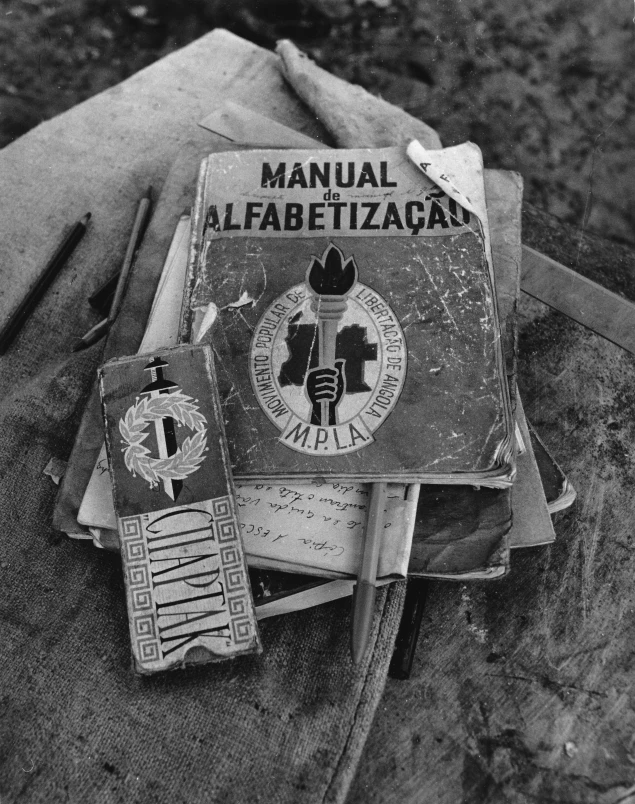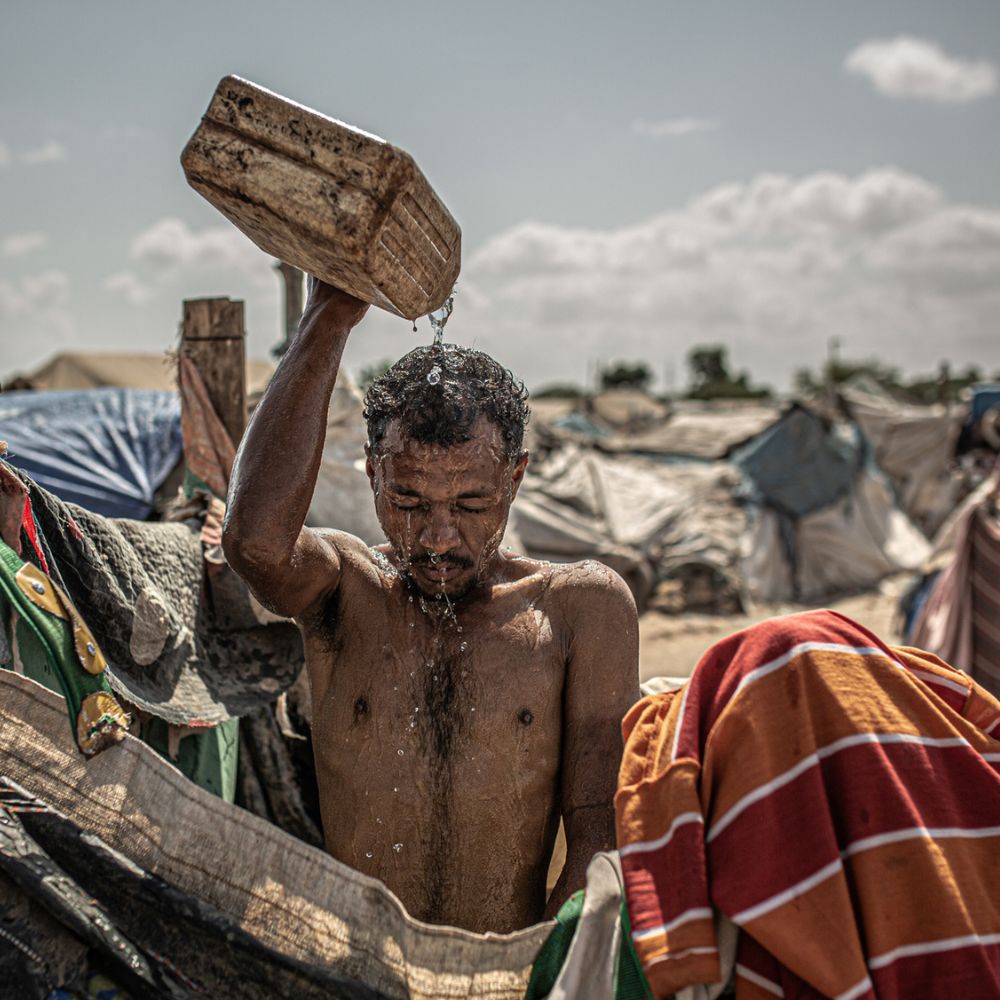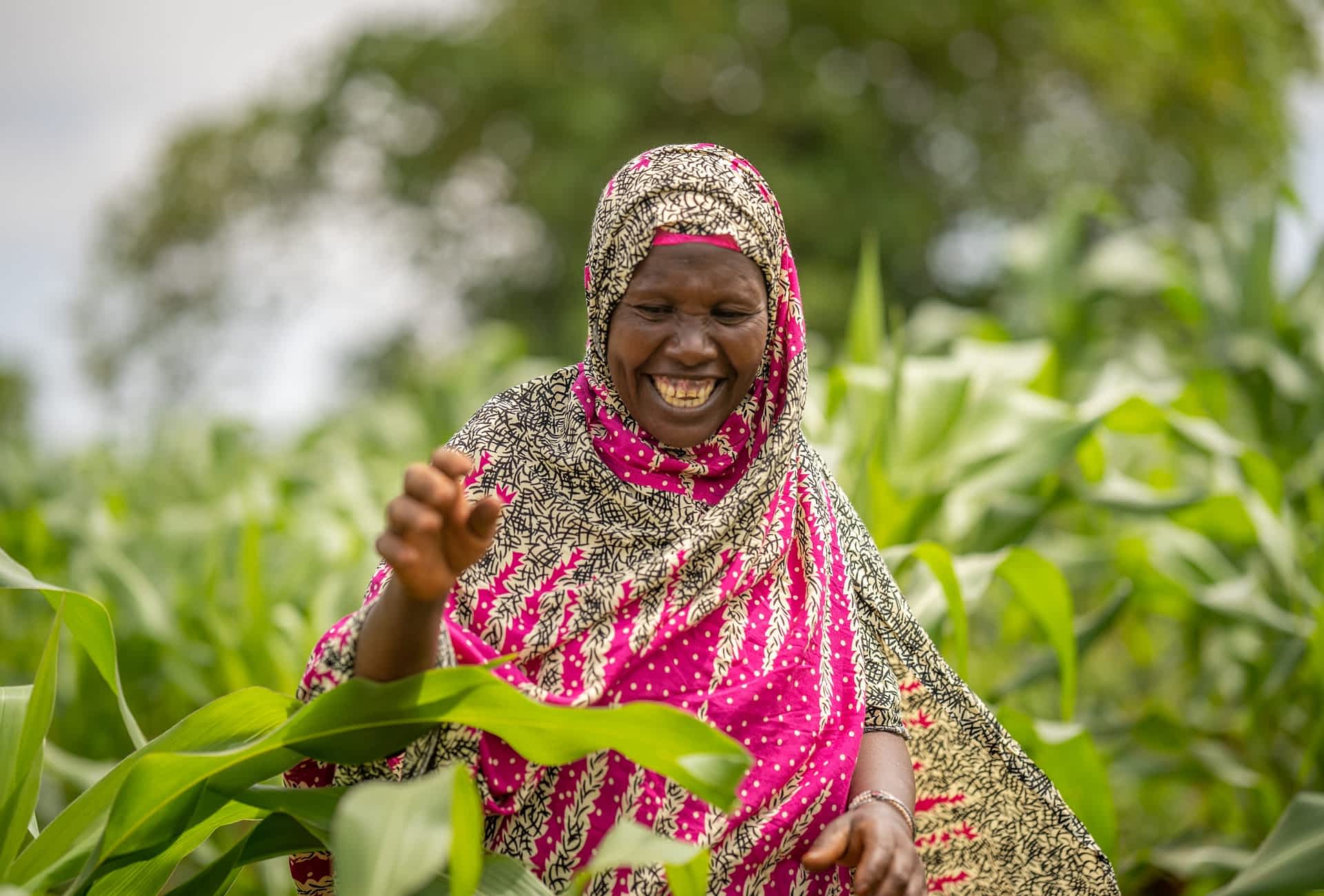History of Oxfam Denmark

Photo: Esben H. Thorning
Oxfam Denmark originates from the world-wide, university-based organisation, World University Service (WUS) founded in the early 1920s.
Initially a student movement
In the beginning, WUS was involved in social activities for students in Europe. In the 1960s, the scope of work was expanded to the third world, where development projects were supported with roots in university circles, and scholarships were channelled to students.
Support to the anti-apartheid struggle
In the 1960s, Danish WUS was a branch of the National Union of Danish Students, DSF. However, as the political students’ movement came to the fore, so did the wish that WUS should become more involved in international political work, initially in the form of support to the liberation movements in Southern Africa, in their struggle against the Portuguese colonial rulers and the apartheid regime.
The support to Southern Africa was carried out with funds collected by WUS and Operation One Day’s Work (an annual collection campaign of high-school students in Denmark) as well as support from the Danish government. Initially, support went to Angola with focus on education and relief aid to refugee camps. Subsequently, WUS launched activities in South Africa, Namibia and Mozambique.
From WUS to IBIS
While cooperating with the liberation movements developed, the Danish WUS detached itself from the international WUS. In 1970, the Danish WUS is thus established as an independent organisation. This began the move towards changing the name to IBIS in 1991. The name is a symbolic reference to the ibis bird flying from North to South feeling at home in both hemispheres.
Support to popular movements Central America
In the 1980s, Oxfam Denmark – or WUS, as it was still called – began to work in Central America. This happened as the people of these countries initiated rebellion against decades of dictatorship. IBIS wanted to contribute to the process set in motion, and entered into cooperation with the new governments and popular organisations in Nicaragua, Guatemala, El Salvador and Honduras. The work revolved around local development and support to the development of civil society organisations.
Indigenous peoples rights
At this point in time, democratisation had yet to break through in South America. However, there was a smouldering disaffection in the population, and in 1980 IBIS initiated a project in Chile, and in 1985 Bolivia. In the 1990s, IBIS also began to cooperate with indigenous peoples in Ecuador and Peru aiming at strengthening their abilities to claim their democratic rights.
Major changes
Throughout the 90s and 00s, the organisation underwent major changes. But is still engaged in quality education, support to civil society, and public participation in good governance. This work is rarely obvious and tangible to the casual observer. Nevertheless, these are in Oxfam Denmark’ view central intervention areas to bring a society on the road to influence and sustainable development for all its citizens.
Against a background of 50 years of experience, Oxfam Denmark is committed to the idea that through education, democratic empowerment and access to resources, even the poorest communities can make true progress on the path to development, justice and equality. Through consultation, facilitation and capacity building, Oxfam Denmark plays a vital role behind the scenes, making an effort to support the creation of a just and democratic civil society in Africa and Latin America.
Oxfam IBIS became a member of Oxfam International in 2016, and changed into Oxfam Denmark in 2023.

